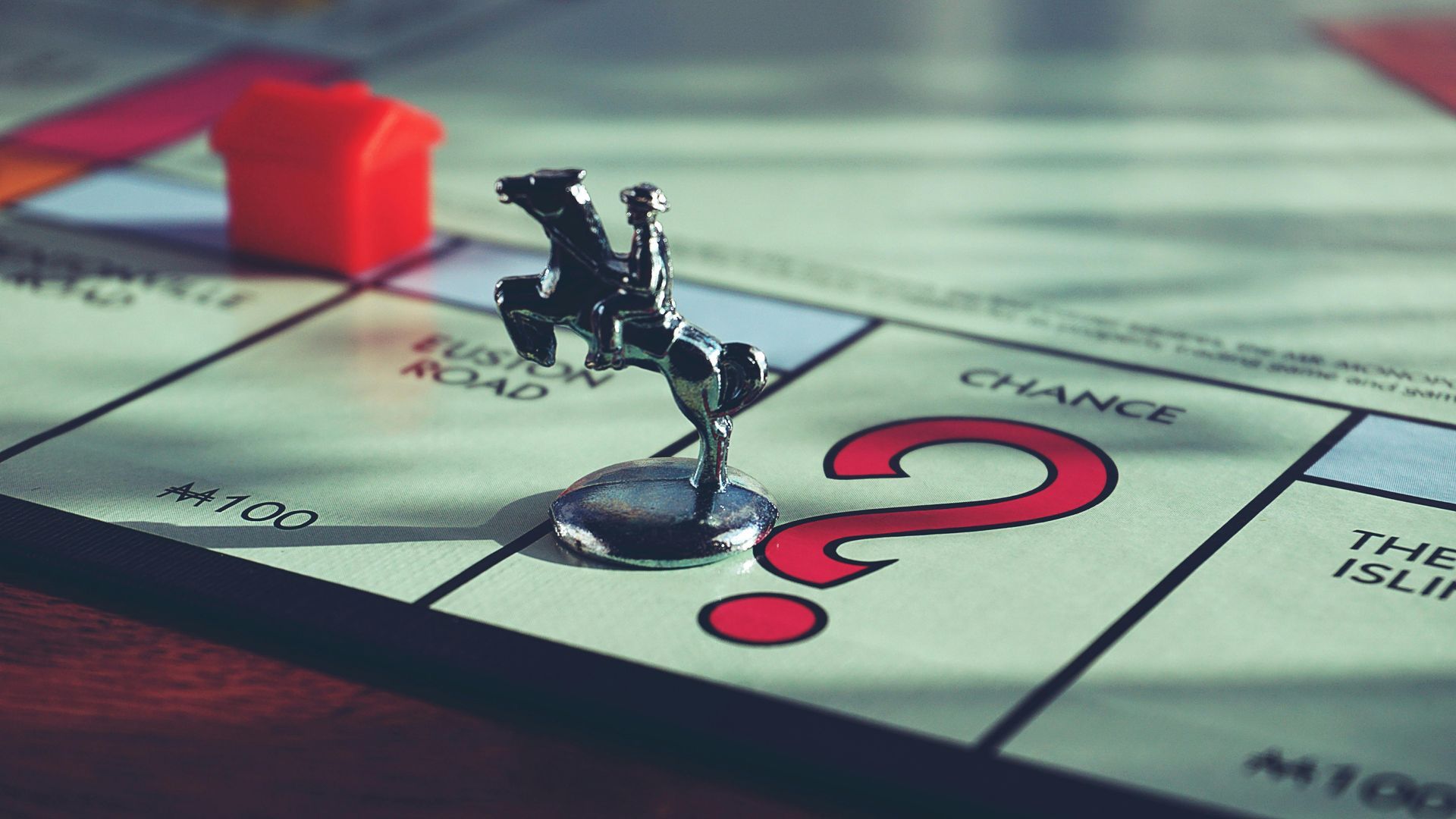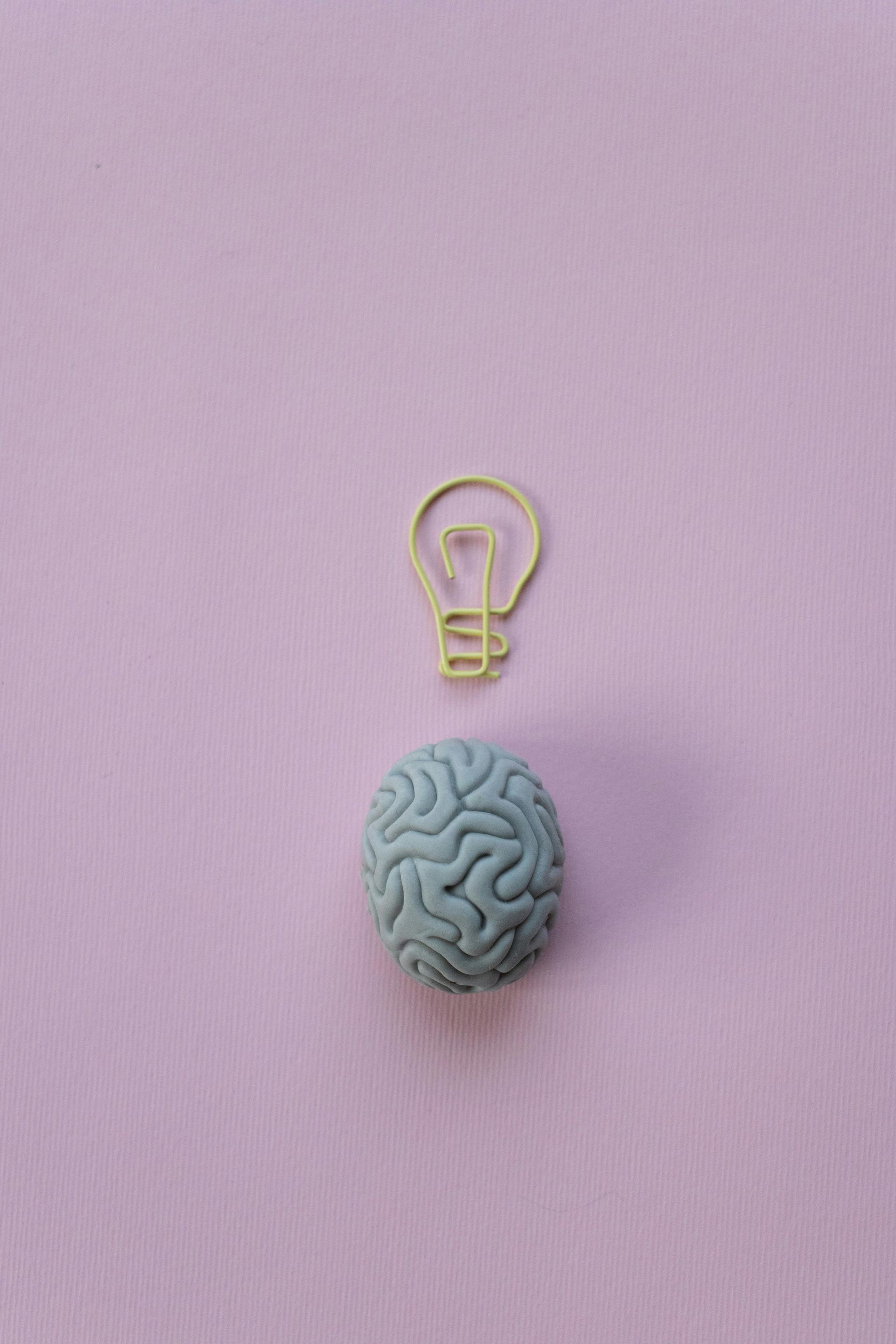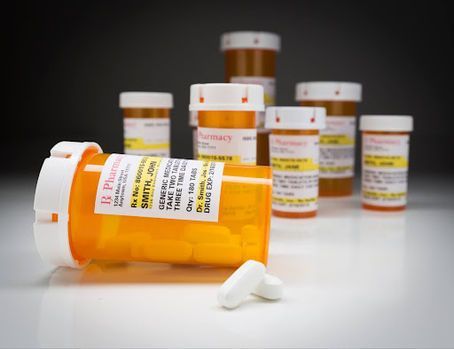At Compass of Hope Counseling, we take pride in standing apart from other professional clinicians in the area by actively continuing to pursue new knowledge and skill sets. Many therapists only complete EMDR (Eye Movement Desensitization and Reprocessing) basic training and don't receive further education or go on for certification. At Compass of Hope Counseling, our therapists have been fully trained in EMDR for a minimum of one year, on average, and have taken several advanced trainings to specialize in specific disorders and additional tools. All of our therapists have been trained in the newest and most advanced version of EMDR, called EMDR 2.0. EMDR 2.0 was discovered in the Netherlands by Ad de Jongh & Suzy Matthijssen.
EMDR in general is a game changer in the world of mental health! Utilizing it often results in clients no longer meeting the criteria for a diagnosis, such as PTSD. This is part of what makes EMDR more effective than talk therapy alone. With standard EMDR, symptoms are often reduced in only 1-3 sessions! When using EMDR 2.0, symptoms can be reduced even quicker! At Compass of Hope Counseling, we are here to help you get where you want to be, and we use evidence-based treatment modalities that work! We truly care about your wellbeing and invest in enhancing our skills and using the most up to date EMDR tools so we can continue to provide the best care in the area! We work WITH you to create your own unique treatment plan. Many individuals believe EMDR is only for trauma related treatment. However, trauma can be any experience that someone considers emotionally charged. We have therapists who specialize in anxiety, depression, sexual trauma, chronic pain, grief and much more!
A review of EMDR studies published in The Permanente Journal by the National Library of Medicine proved the following:
7 out of 10 studies revealed that EMDR was faster and more effective in treating trauma than trauma-focused cognitive behavioral therapy
In one study, 100% of people who had experienced a single trauma and 77% of those who had experienced multiple traumas no longer presented with PTSD after an average of six EMDR sessions that were 50 minutes each
Another study indicated that eight sessions of EMDR also outperformed eight weeks of treatment with fluoxetine, an SSRI antidepressant, in resolving symptoms of trauma and depression
EMDR has been proven, over and over, to work quickly and provide long lasting relief, not just "Band-Aids" for symptoms! Give us a call to talk to one of our expert clinicians and learn how we can support you from getting where you are to where you want to be! We would be honored to walk this journey with you. If you’re ready to be a happier, healthier you, then reach out today!
For more information about EMDR: www.emdria.com
To learn more about EMDR 2.0 effectiveness you can read this article:
Matthijssen, S., Brouwers, T., van Roozendaal, C., Vuister, T., & de Jongh, A. (2021). The effect of EMDR versus EMDR 2.0 on emotionality and vividness of aversive memories in a non-clinical sample. European journal of psychotraumatology, 12(1), 1956793. https://doi.org/10.1080/20008198.2021.1956793
Wishing you good health and happiness,
Brittany Barberian
Owner of Compass of Hope Counseling













